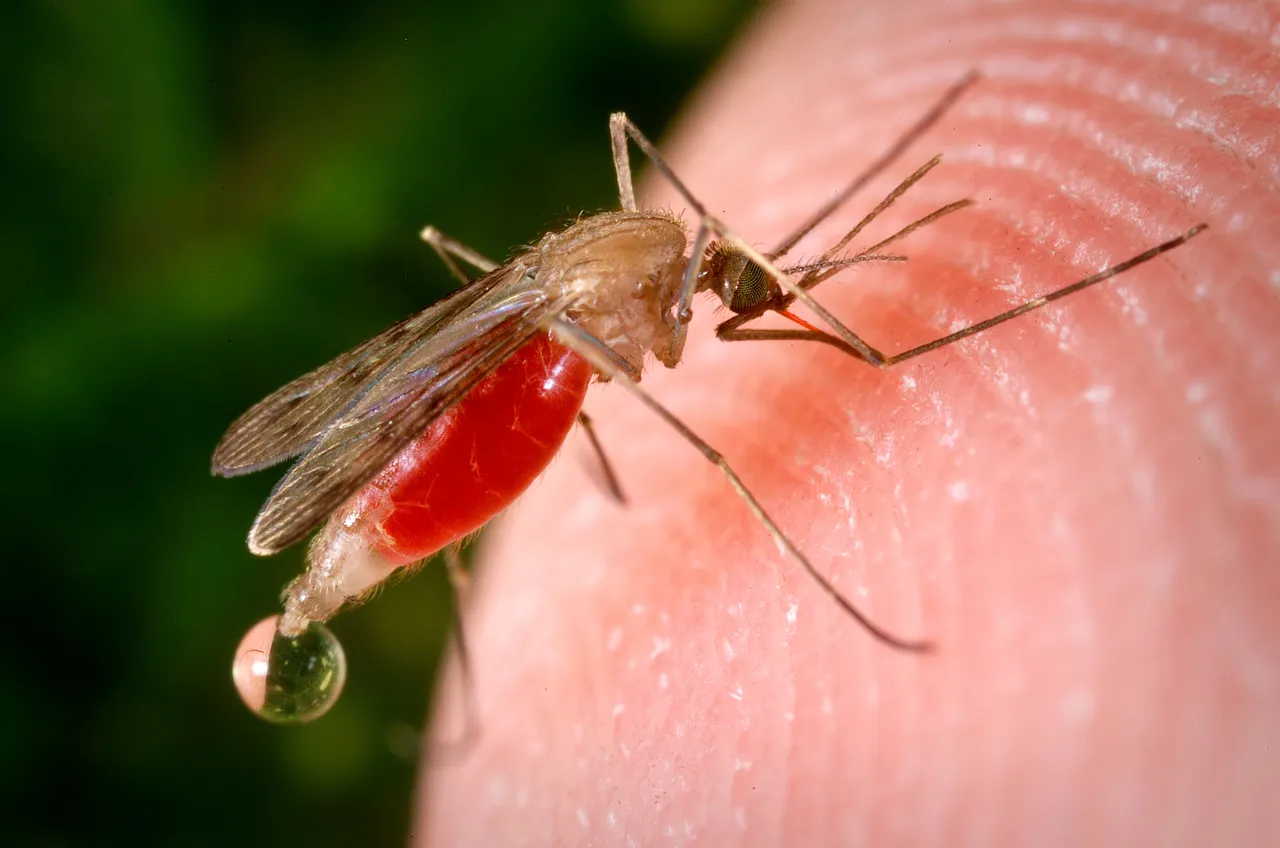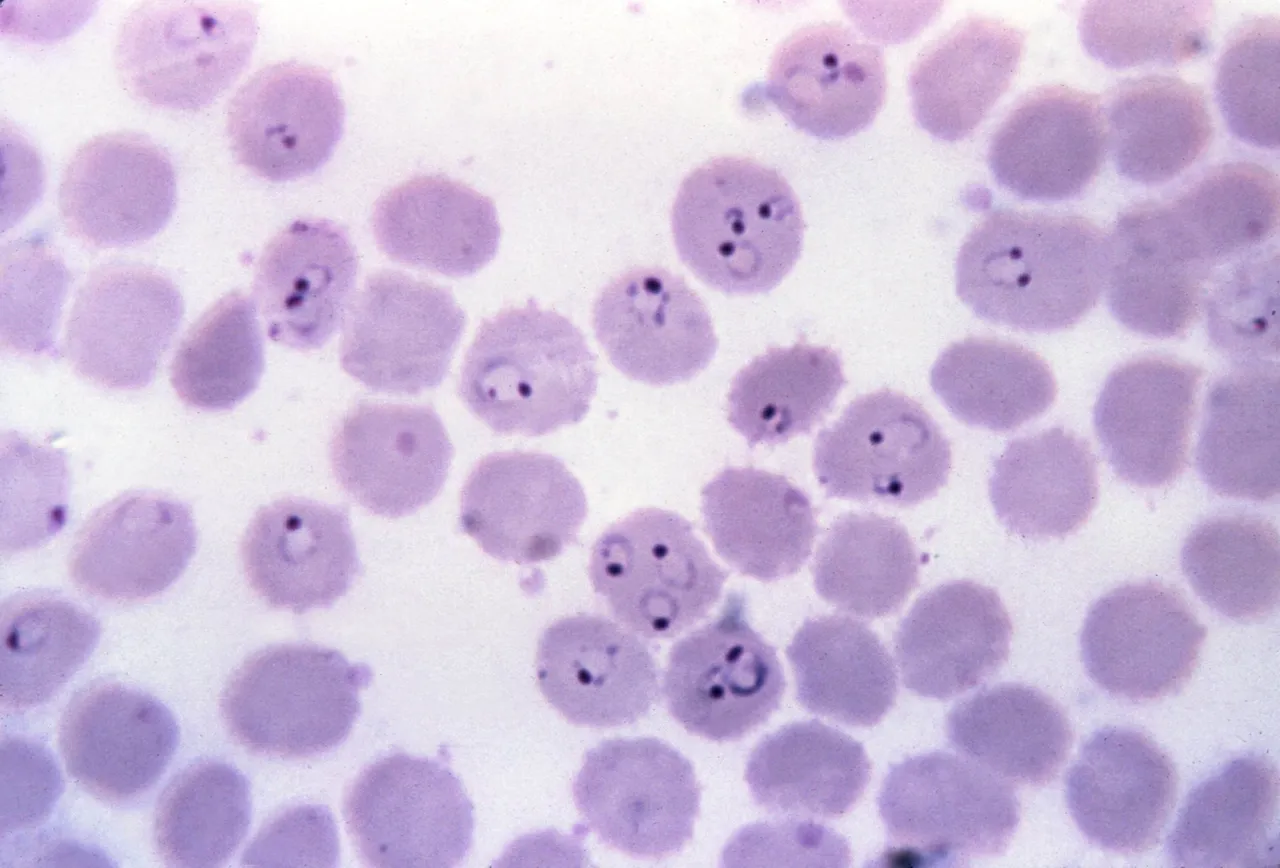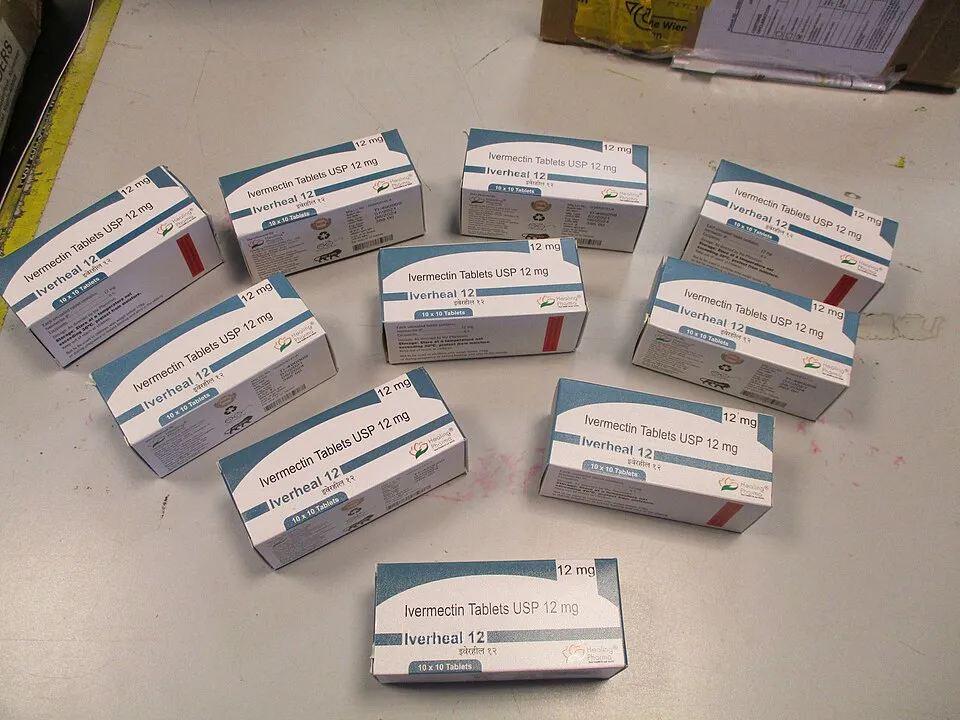There was a time when rumors about Ivermectin being a drug to fight viruses and all types of sickness were circulating. Anyways, scientists have been able to show that while Ivermectin does a lot when it comes to dealing with certain illnesses, especially protozoan-caused, it is not very active against viruses in general.
Ivermectin is a great parasite fighter, combating parasites and so being useful for a large number of diseases. It is an endectocide killing protozoan that lives both inside and outside the body. It affects the parasite's nerve function leading to paralysis and death. So scientists are looking to use Ivermectin to fight Plasmodium, the parasite responsible for malaria.
Malaria is caused by the four different species of Plasmodium which use the female Anopheles Mosquito as a carrier. In the mosquito, the plamodia is immature but when the vectors come to us to feed from our blood, they transfer them after piercing into our skin to suck blood. They mix saliva with our blood at the point of drinking, and this is where the parasite finds its way into our bloodstream.
When it enters the body, it immediately goes to the liver cells where it grows and replicates. When they are mature, they begin to attack your red blood cells as well. When they start to burst free from the red blood cells, we begin to feel malaria symptoms. To see if ivermectin can help combat malaria, different tests were done.
Scientists observed that when mosquitoes bite patients who have taken Ivermectin, the mosquitoes did faster than in those who did not take the medication. This meant that it was poisoning the blood so whatever bites it dies and that could mean metal in the blood. The medication also stopped the mosquitoes from laying eggs completely. But this is not as impressive as if it affects the plasmodium itself, and surprisingly, it does.
According to some studies, when the parasite is in the bloodstream, Ivermectin inhibits its ability to move materials in and out of cells which then leads to its death. Aside from that, it also stops its ability to reproduce both sexually and a sexually. With this, there is a thought of using the medication for Mass Drug Administration (MDA).
With MDA, the drug will be given to everyone in a particular area, whether they have the disease or not but before this can be considered, the safety, the cost, and the convenience of giving the drug as MDA need to be considered and this drug checks all three criteria.
In theory, this is impressive but a study done in Burkina Faso with seven villages administered the medication and another seven serving as controls didn't show any significant change over time. The result wasn't as promising as it looked theoretically but the researchers believed the result was due to the net given to the populations of the two communities before the study. One thing the researchers were able to confirm was the number of hemoglobin in the two groups, and they realized that hemoglobin levels were higher in children who took the drug than in the control group.
While Burkina Faso's trial didn't do well, a trial in the Gambia did better with more promising results. To get the result, the researcher combined Ivermectin with Dihyartemisinin-Piperaquine. Another study that tried using the antimalarial drug alone didn't get many results, so scientists are still looking at this as inconclusive with not enough data to back claims. So research is still ongoing, we will have to wait and see the results we get over time.
You Can Read More Here
https://www.who.int/news-room/fact-sheets/detail/malaria
https://www.ijidonline.com/article/S1201-9712(20)32506-6/fulltext
https://pmc.ncbi.nlm.nih.gov/articles/PMC6194647/
https://pmc.ncbi.nlm.nih.gov/articles/PMC8240090/
https://www.science.org/doi/10.1126/scitranslmed.adr4827
https://www.thelancet.com/journals/laninf/article/PIIS1473-3099(19)30633-4/abstract
https://www.thelancet.com/journals/laninf/article/PIIS1473-3099(24)00580-2/fulltext
https://www.thelancet.com/journals/laninf/article/PIIS1473-3099(24)00751-5/abstract
https://www.who.int/publications/m/item/mass-drug-administration
https://pmc.ncbi.nlm.nih.gov/articles/PMC10228789/
https://pmc.ncbi.nlm.nih.gov/articles/PMC10993792/
https://pmc.ncbi.nlm.nih.gov/articles/PMC6494415/
https://pmc.ncbi.nlm.nih.gov/articles/PMC10507222/


